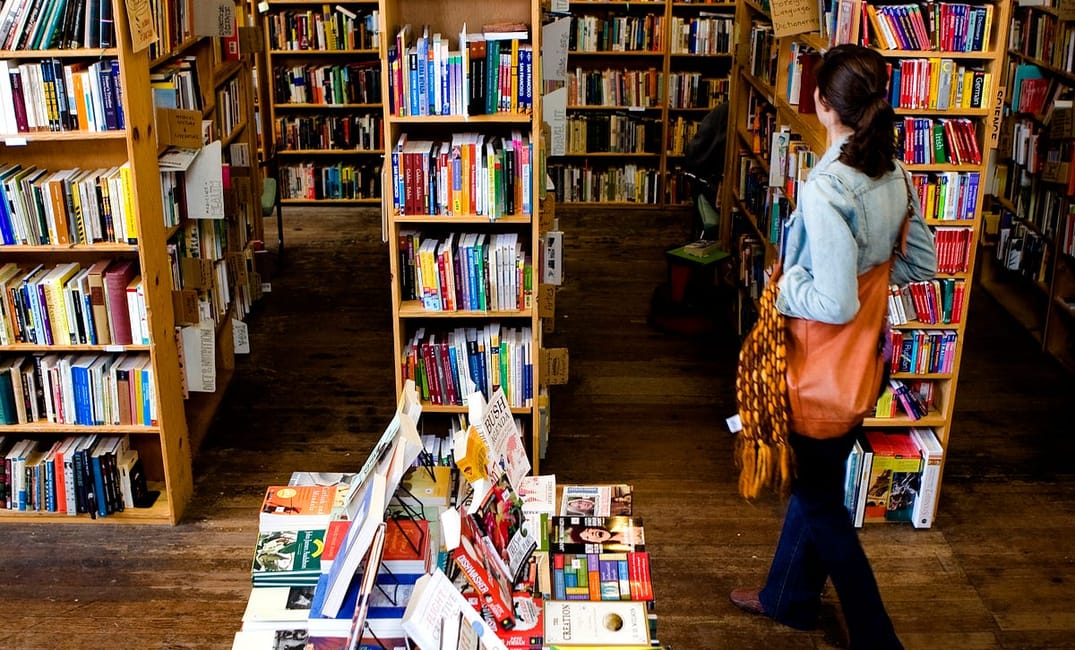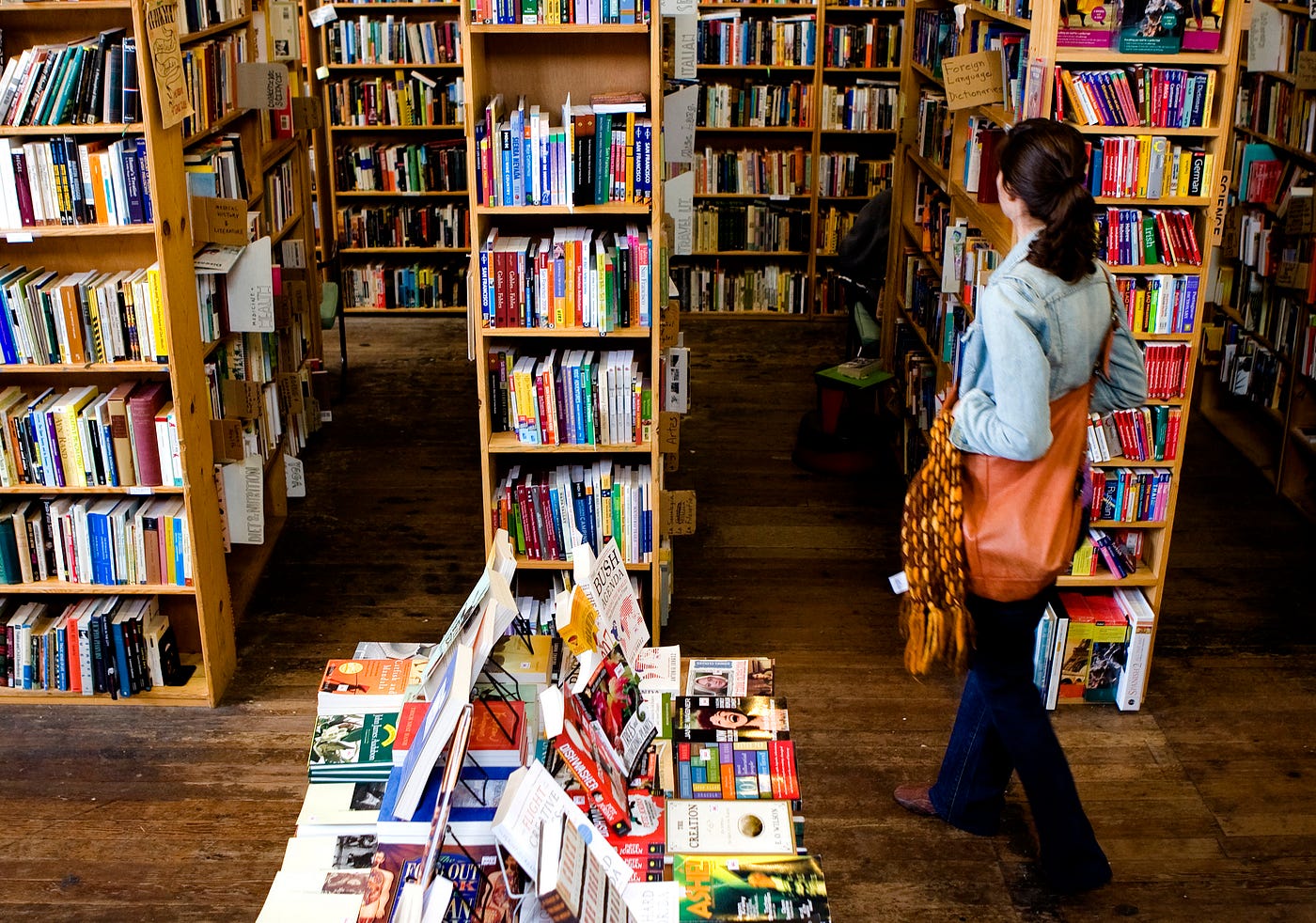
I remember visiting a San Francisco bookstore for the first time as a teenager. The crowded shelves, the creaking floorboards, the musty smell of old books; it was all so enchanting. Now walking into one feels like stepping into a time machine: the store is still there, crowded and full of books, but it also feels like a remnant from a bygone era. Occasionally.
I’m not about to crap on local bookstores. They hold special import to us in a similar way to vinyl record shops; physically touching old-school media evokes powerful nostalgia, and smelling paper reminds us of a time when little felt more important than the printed word.
Nowadays though, a good portion of my reading takes place on my phone or computer. Novels — when I read them — are often spoken to me on Audible while I’m endlessly climbing the elliptical.
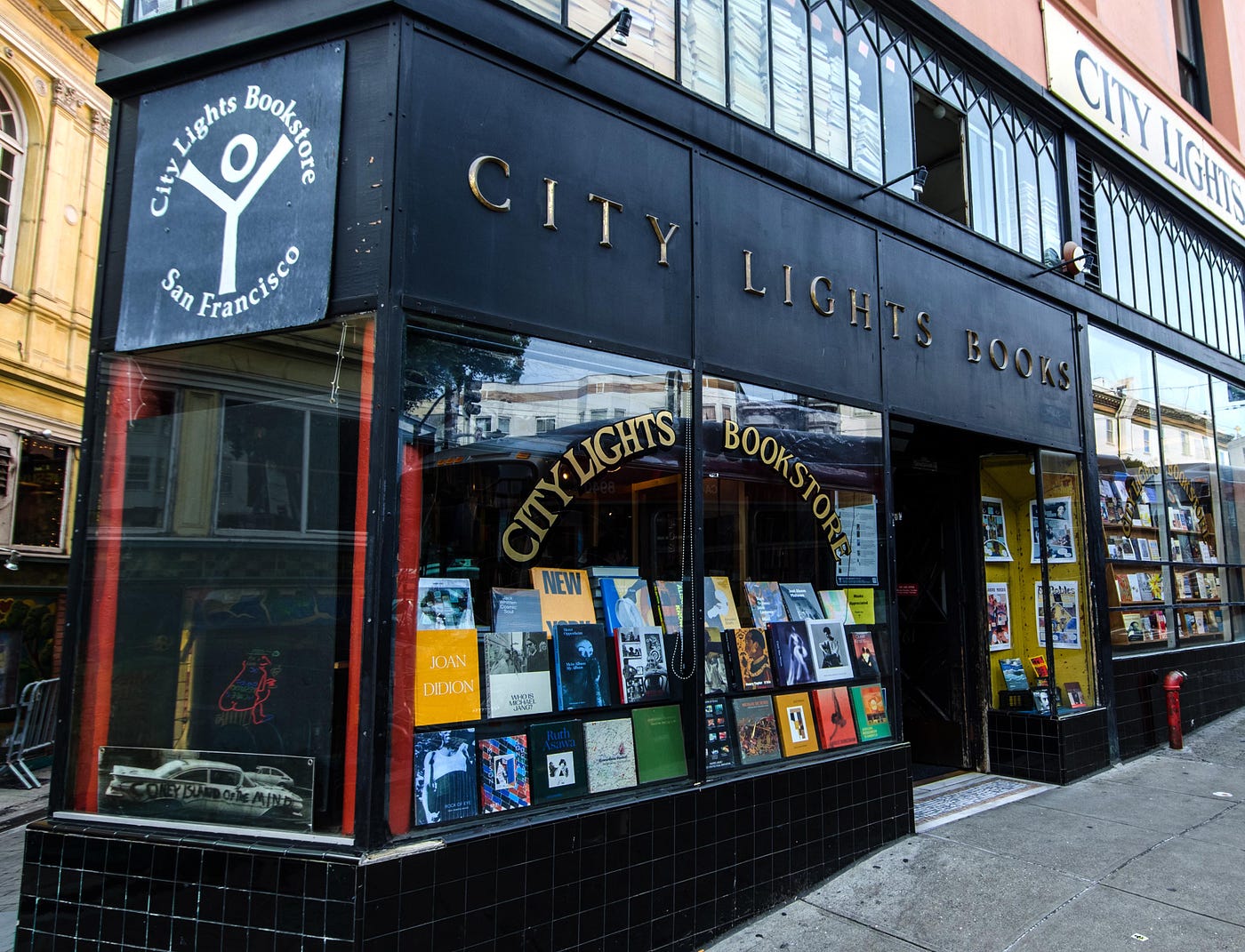
I love paper books and still buy them. But I couldn’t help but wonder: Are there enough print-only diehards in San Francisco to keep more than a dozen stores in business? I asked around this week and discovered many local shops are going very strong.
“I’m alive!!” said Celia Sack, who owns Omnivore Books on Food, in an email. “We actually thrived during the pandemic because everyone had to learn to cook. Our online business also took off during that time, and hasn’t slowed down; we often do as much business online as in the shop.”
Most owners assured me that times are good. I spoke directly to Christopher’s Books, Green Apple Books, and Booksmith, and emailed with Book Passage, Adobe Books, and Omnivore. The “paper is dying” fear is almost tired to local bookstores, and customers defy those concerns — and open their wallets — because of the specialness these shops bring to San Francisco city life.
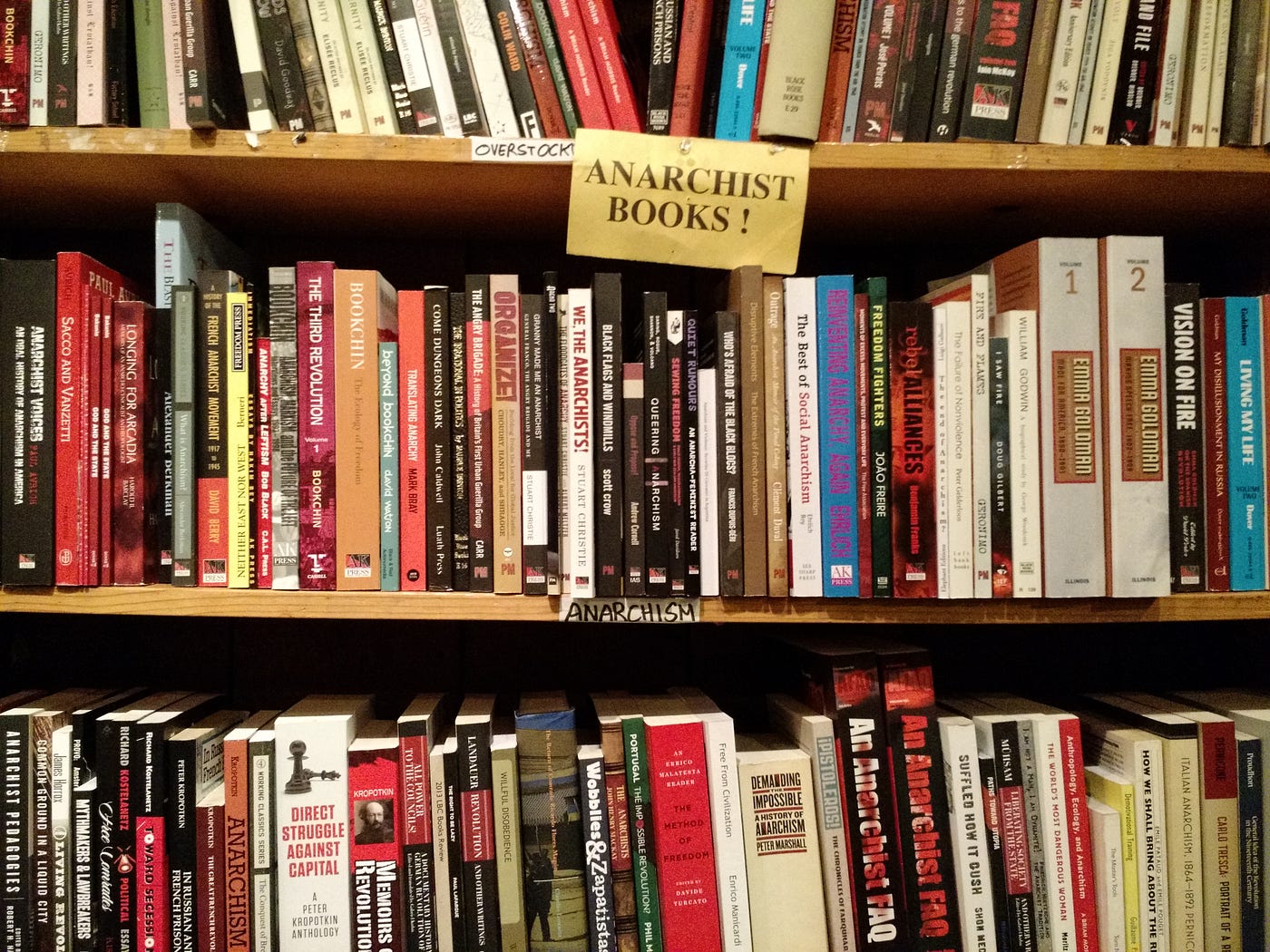
“People want their city to look and stay unique, and not just to be littered with cookie-cutter chains,” said Pete Mulvihill, co-owner of Green Apple Books. His stores closed at the height of the pandemic, and he worried it might be the downfall of Green Apple; ultimately though, customers rallied, and his shops are doing well enough today.
“People realized, ‘Oh shit, my independent bookstore is closed right now, and it could be forever,’” Mulvihill said.
Christopher’s Books remained open in Potrero Hill. Owner Tee Minot made local deliveries and brought books to customers at her front door of the 32-year-old shop on 1400 18th St.
During the pandemic, Minot said, “I was the busiest I’ve ever been.”
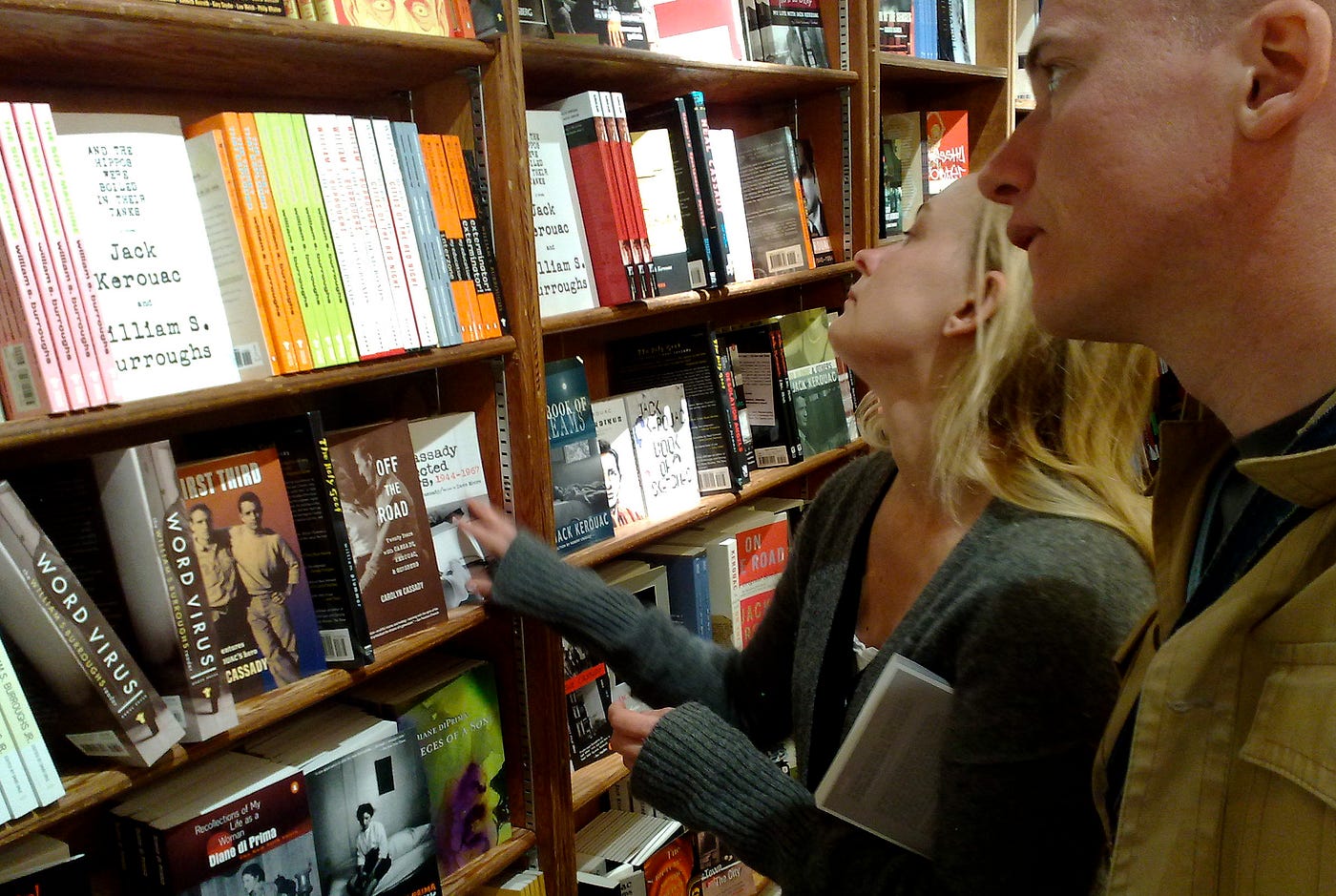
“It was a mess in here, I was trying to fulfill so many orders. It was more like customers wanted to make sure all of their institutions didn’t fail,” she said, adding business continued its uptick during the Black Lives Matter demonstrations.
“That’s when it got really crazy: certain titles couldn’t print fast enough, and booksellers couldn’t supply them fast enough. We made a list and put it in the window of all the themes that people were requesting.”
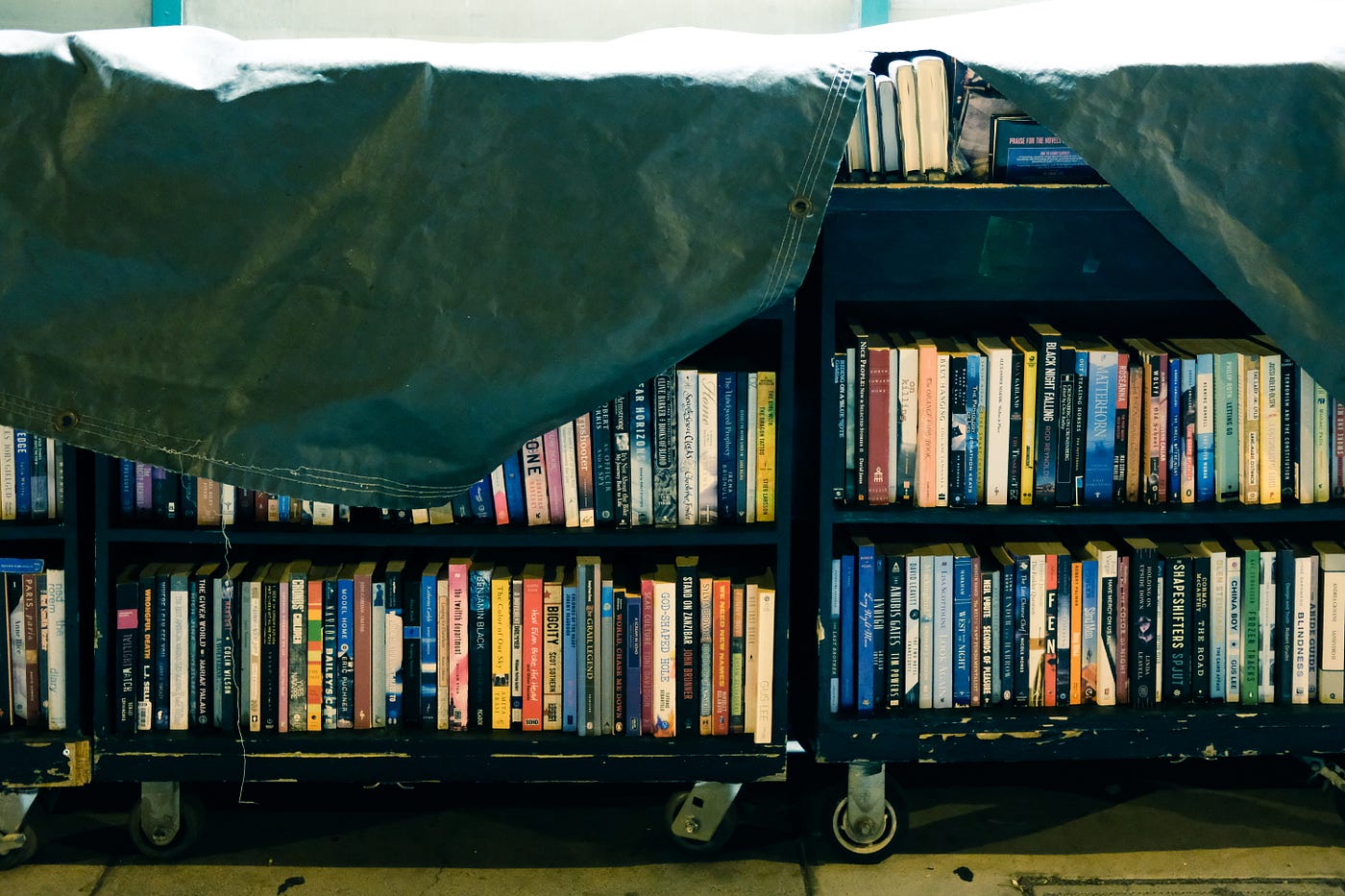
Business has not been universally fabulous. Since 2011 — which marked the death knell for the country’s last Borders — the U.S. shed nearly 4,000 more shops, this report said. And while I’m not the first who noticed surprising success for our San Francisco bookstores, we’ve experienced some losses, too: The Magazine on 920 Larkin St. and Alexander Book Company on 50 2nd St. recently announced they’d close soon.
“It seems to us that print media has lost its edge in our current culture,” read the March 10 announcement on The Magazine’s Instagram.
I think it’s obviously a tough business, and I have hope for our local shops based on what their owners and San Francisco residents told me.
“Reading a book in print is something I will never give up. I love the feel of turning the pages, and I feel the same way about print newspaper,” said Tricia Sweeney, a Cole Valley resident. “It’s not the same on a screen for me, although I read a lot on my phone, too.”
Taylor Lee, a Castro resident, said physical volumes provide a nice relief from his day job.
“I read paper because I look at a computer all day,” he said, adding: “I love cooking, and I want to buy the books of some chefs I follow.”
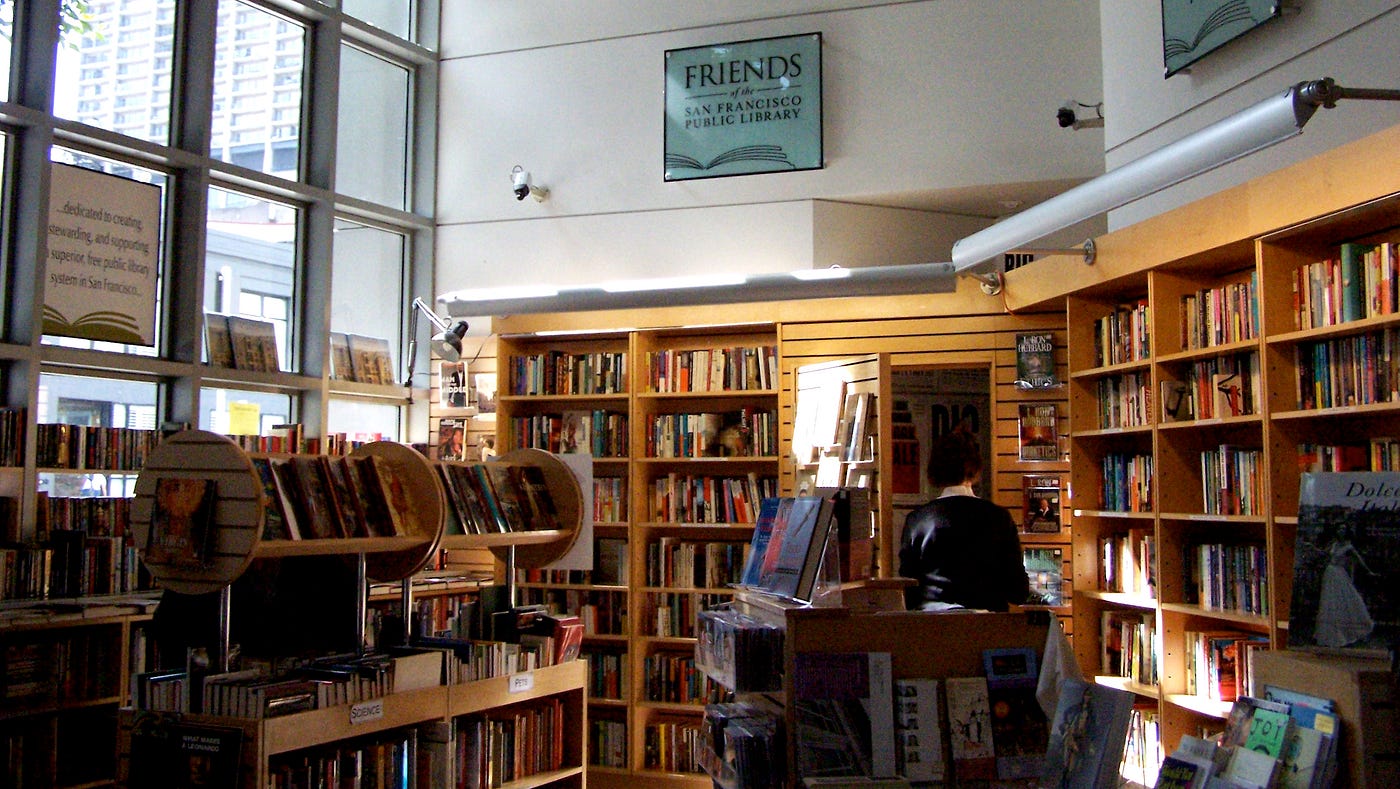
Camden Avery — business partner with The Booksmith at 1727 Haight St. — said a printed book’s longevity in our homes and the marketplace is because of what it represents to us.
“They’re imbued with so many values beyond just a physical presence as a book. Their meaning extends past what they are when they’re sitting on the table,” he said.
“They represent new ideas; an opportunity to save your life, and an opportunity to think differently and live more freely.”
Saul Sugarman is editor in chief of The Bold Italic.

The Bold Italic is a non-profit media organization that’s brought to you by GrowSF, and we publish first-person perspectives about San Francisco and the Bay Area. Donate to us today.



